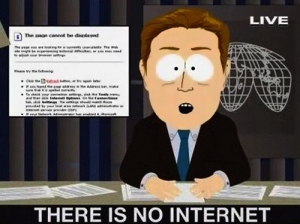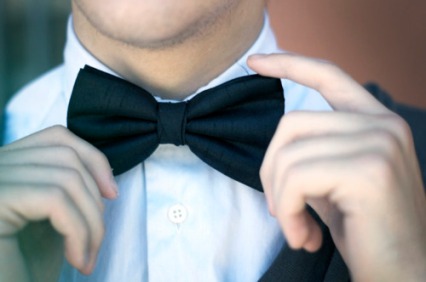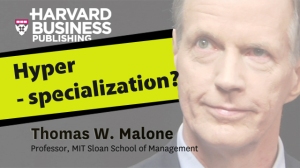The advent of social media has transcended the human culture into so many levels. The youth of this generation is definitely different from the youth ten years ago.
 My mom once told my dad “You want your children to freak out? Suspend the internet connection – as easy as that “.
My mom once told my dad “You want your children to freak out? Suspend the internet connection – as easy as that “.
Truly, the internet has become an indispensable need and added liability of every household. From research work, gaming activity, shopping, social networking, life has never been as easy and convenient.
Download like there is no tomorrow. Play and listen to all sorts of stuff. Chat the whole day. Who is not guilty of these acts? Maybe those that live in the mountains are excused but never us, never.
I remember when it was my first encounter with the social media. The feeling was like an escape from the world to this bright screen filled with sites I could browse forever. But, as I grow with it, I realized that there are some things about it left unnoticed. Social media have given us benefits tantamount to some undesirable habits often overlooked.
“I swear after this, I’ll do my assignment”. Whether it is about doing an assignment, project or even finishing dinner, most of us, procrastinators, have surely uttered this statement. There is nothing wrong in gaming, chatting or whatsoever you are doing in front of the screen. Just make sure that after setting your priorities treat it like your bible. Surely, social media will tempt you to set aside your tasks but remember, procrastination won’t push you forward. It will just delay you even further.
“I have to be online, no matter what happens”. It is a fact that humans are social animals; that by being always online, we are kept updated with the latest happenings from whoever and wherever. However, let us be reminded that social media is just a technology. And no matter how diverse your set of emoticons is, not one of those could ever exactly mimic how you feel. Turn it off. Go outside and live a real life.
“I’ll just copy and then paste”. This was a hit back in high school. Everyone is a genius in making assignments in a simple act of copy-paste. The internet is a think tank of anonymous people. The credible ones are not even half of the entire population. There is also no website available to verify information that we copy and paste. Thus, every netizen should develop a filter-mechanism when getting information online.
“Wow. This looks cool. Let me check”. If your pc mouse is as sneaky as a real mouse, you should be doing something to tame it. The act of clicking becomes a daily exercise to our hand. Hence, let this exercise also be a reminder for a healthy clicking. Do not click everything that pops, looks inviting and most especially those that says you are the grand winner of random raffles. Just recently, a lot of people were victimized by a virus in Facebook. The only thing done to activate the virus was a click to accept a request (which most did, unfortunately). Your anti-virus is not always updated. Keep your PC virus free. Stay away from online infections.
“Oh God, I forgot to log out”. There are cases when one has to go straight to an internet shop due to some technical difficulties of our very own gadgets. And whatever we do, whether it is typing or research, it seemed mandatory to open our SNS accounts. Shortly after we are done with the task at hand, we forget to log out our accounts. When this happens, there are two things you should immediately do. One, start praying (hard). Second, check if it was hacked and make the necessary report. The next one to rent the pc might be a notorious hacker. Log out!
An ORCOM thought: Your sedentary outlook towards internet would betray you soon. Be vigilant. Keep your online experience healthy.









 My mom once told my dad “You want your children to freak out? Suspend the internet connection – as easy as that “.
My mom once told my dad “You want your children to freak out? Suspend the internet connection – as easy as that “.